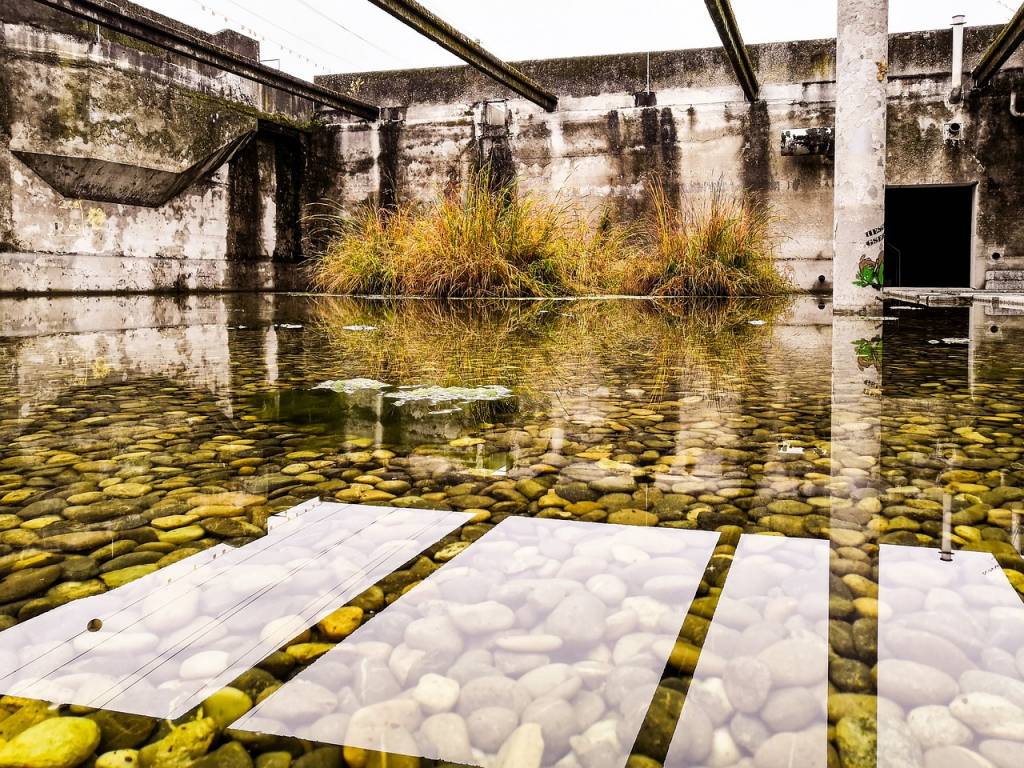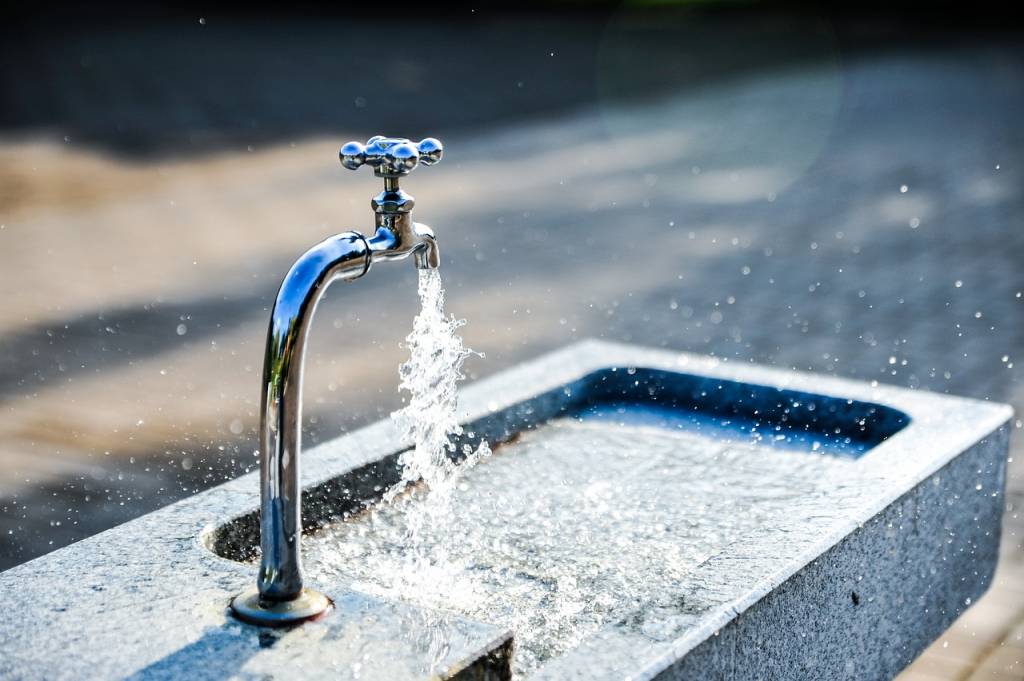Water scarcity is an issue that continues to challenge communities around the globe. With increasing populations, changing climates, and industrial growth, the demand for fresh water is rising at an unprecedented rate. To tackle these challenges, water reuse has emerged as a sustainable and effective solution. This article explores the future of water reuse, examining the various methods, benefits, and innovations that make it a significant contender in addressing global water challenges.
The Importance of Water Reuse
Water reuse, also known as water recycling, involves the treatment and reuse of wastewater for beneficial purposes. This process can significantly alleviate water scarcity issues by reducing the demand for freshwater sources. Reused water can be utilized for agricultural irrigation, industrial processes, groundwater replenishment, and even potable water supplies in some cases.
The global water crisis highlights the critical need for water reuse. According to the United Nations, approximately 2 billion people live in countries experiencing high water stress. The resources required to tackle this crisis are significant, and innovation in water reuse is paramount to developing sustainable solutions.
Technological Advancements in Water Reuse
Technological innovation is at the heart of effective water reuse strategies. Modern advancements have improved the efficiency and safety of wastewater treatment processes, making water reuse a more viable option than ever before. Key technologies include:
- Membrane Filtration: This method uses semi-permeable membranes to separate impurities from water, resulting in high-quality recycled water suitable for various applications.
- Biological Treatment: Utilizing natural biological processes, this technology helps break down organic matter in wastewater, making it safe for reuse.
- Advanced Oxidation Processes (AOPs): AOPs employ powerful oxidants to eliminate contaminants, ensuring the treated water is suitable for even sensitive applications such as agriculture or industrial use.
These advancements not only enhance the quality of recycled water but also reduce the overall cost of treatment, making water reuse more accessible to communities worldwide.
Environmental and Economic Benefits
Water reuse offers a multitude of environmental and economic benefits. Environmentally, it reduces the demand for freshwater extraction, thus preserving natural ecosystems and reducing the pressure on water bodies. It also decreases the volume of wastewater discharged into oceans and rivers, minimizing the risk of pollution and its detrimental effects on aquatic life.
Economically, water reuse can serve as a cost-effective alternative to developing new water sources. By treating and reusing wastewater locally, communities can minimize their reliance on expensive imported water or the construction of new infrastructure. Additionally, industries that implement water reuse processes can benefit from reduced water costs and enhanced sustainability credentials.
Water Reuse in Agriculture
Agriculture is one of the largest consumers of water resources globally, accounting for roughly 70% of freshwater withdrawals. Implementing wastewater reuse in agriculture can drastically reduce this demand, allowing for more sustainable farming practices. Treated wastewater provides a reliable water source, especially in arid regions where water scarcity is acute.
Moreover, wastewater can be rich in nutrients, offering a dual benefit when used in agriculture by reducing the need for synthetic fertilizers. Careful treatment ensures that any potentially harmful substances are removed before the water is applied to crops, safeguarding both human health and crop quality.
Potable Water Reuse
While the reuse of water for non-potable purposes is common, the idea of potable water reuse is gaining traction as technology advances. Known as direct potable reuse (DPR), this process involves treating wastewater to a level safe for human consumption. While it may sound unappealing, rigorous treatment and monitoring ensure that the water meets or exceeds all safety standards.
Several regions, particularly those with severe water shortages, have successfully implemented DPR projects. Examples include Windhoek, Namibia, which has been treating wastewater for drinking purposes since 1968, and more recently, cities in California and Texas are exploring similar solutions.
Challenges and Considerations
Despite the advantages, water reuse faces several challenges. Public perception is a significant hurdle, as communities may be reluctant to accept recycled water for daily use, particularly when it involves potable reuse. Education and transparent communication are key to overcoming these barriers, helping the public understand the safety and benefits of water reuse.
Additionally, robust regulatory frameworks are essential to ensure the quality and safety of recycled water. Governments and institutions must establish clear guidelines and stringent monitoring processes to maintain public trust and ensure public health.
Innovative Policies and Global Efforts
Addressing the global water crisis through water reuse requires coordinated efforts across all levels of governance. Innovative policies that encourage investment in water reuse technology and infrastructure are crucial. Many countries are introducing incentives for industries and municipalities to adopt water reuse practices, recognizing the long-term economic and environmental benefits.
Globally, initiatives such as the United Nations' Sustainable Development Goals (SDGs) emphasize the need for sustainable water management and innovation in water reuse. International collaboration and knowledge exchange can foster the development and implementation of effective water reuse strategies worldwide.
The Path Forward
The future of water reuse is promising, with continued advancements in technology and growing awareness of its benefits. As water scarcity increasingly impacts regions across the globe, the adoption of water reuse will become essential in ensuring sustainable water management.
The integration of water reuse into society requires a multifaceted approach, involving technological innovation, policy development, and public engagement. By embracing these elements, communities can address the formidable water challenges of the 21st century, securing a sustainable future for generations to come.



